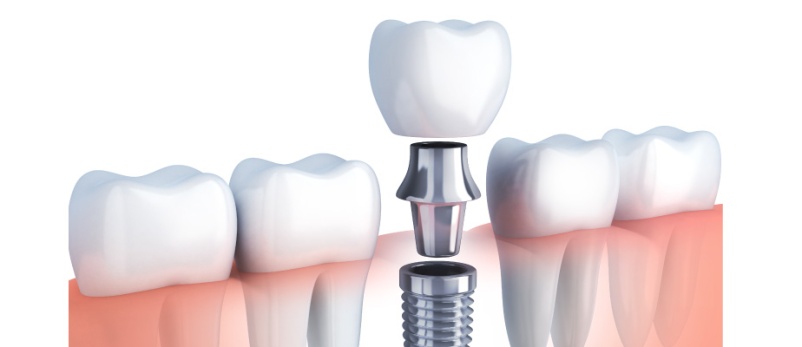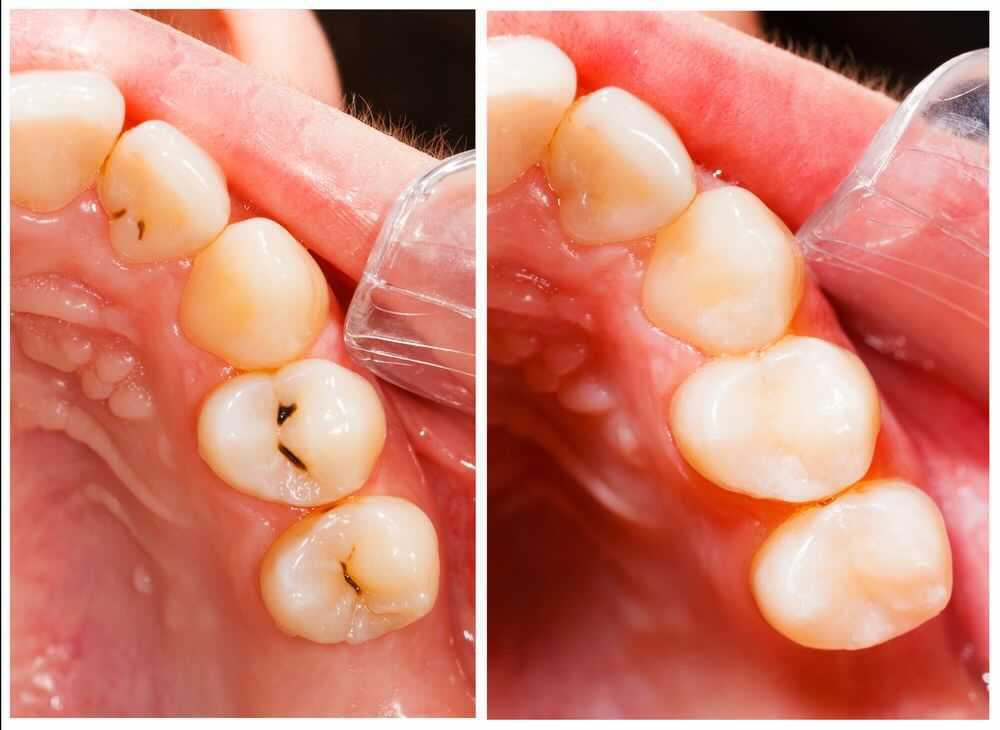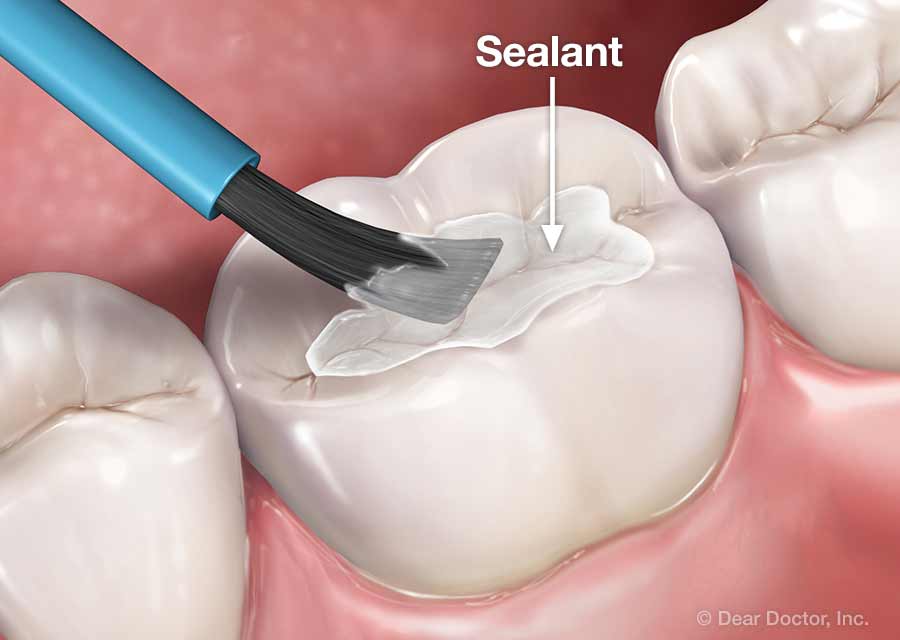We all know about the bad breath and we all know about the embarrassment it can result in. But what’s more important to know is the reason for bad breath. This way, you can avoid the embarrassment it can cause.
Reasons for bad breath
There can be a number of reasons for halitosis, also known as bad breath.
- It starts with the foods we eat. Consumption of garlic, onions, spicy foods and/or coffee can leave your breath in less than ideal condition. Surely you are going to want to regain the freshness of your breath. Chewing sugar free gum or rinsing your mouth with a non-alcoholic mouthwash can be quite helpful in this regard.
- If you consume tobacco in any shape, you need to keep it in mind that its disadvantages extend beyond bad breath. Tobacco use can result in several oral and overall health conditions which may include gum disease and even oral cancer. If you want to have fresh breath and good oral and overall health, you need to make sure that you are living a tobacco-free life.
- Certain dental and oral health conditions can result in bad breath. Those conditions mainly include cavities and gum diseases because both conditions are caused by dominant oral bacteria which is not only odor-producing but highly infectious one. Teeth crowding and ill-fitting dentures are also the prominent reasons for bad breath. Brushing and flossing are important oral hygiene practices but you need to make sure that you visit your dentist to prevent or get rid of any dental health problem which can result in bad breath.
- If you are not brushing and flossing your teeth properly, your teeth will start accumulating plaque. This plaque is a bacterial buildup which is also consisted of leftover food particles and saliva. This sticky film is not only infectious for teeth and gums but it can cause bad breath. Again, good oral hygiene routine and regular dental visits are extremely important to avoid and/or treatment of hardened plaque buildup.
- Certain oral and overall health conditions can also result in bad breath. Those conditions mainly include dry mouth, diabetes, sinus problem, tonsillitis and respiratory issues.

Avoiding bad breath
To avoid bad breath, you first need to understand the reasons which may cause this problem. For this purpose, you need to make sure that you never miss any dental visit. Moreover, you will need to stick with an effective oral hygiene routine in order to keep your teeth and gums in good state.



